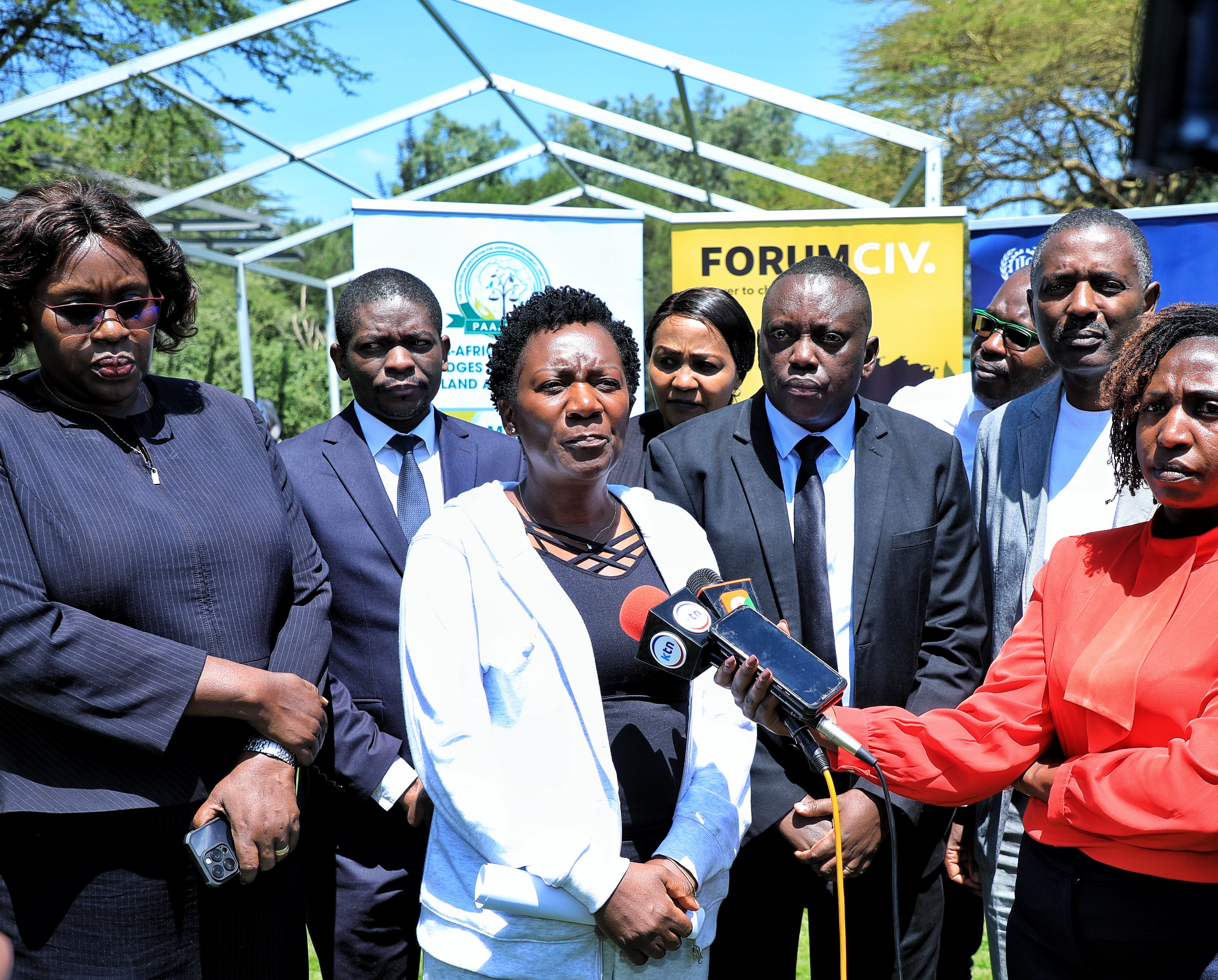

JUDGES want to be involved in decision-making processes at international climate change-related forums to enable them effectively adjudicate climate matters before them.
The judges raised concerns over exclusion from international climate change forums, even as climate-related cases surge within the corridors of justice.
Ahead of the November COP30 summit in Brazil, the Pan-African Association of Judges on Environment, Land and Labour described the forums as vital for informed rulings.
The association urged stronger collaboration to combat climate change, which has triggered extreme weather and environmental degradation, with the threat of large-scale displacements.
PAAJELL president Justice Jacqueline Mogeni said judicial teams are absent from international climate forums where key decisions and policies are made.
She warned that this exclusion impedes the ability of judges to stay informed, trained, and capable of guiding the justice system with improved climate-related jurisprudence.
Justice Mogeni lamented that the Judiciary is often engaged only after international decisions are already made, weakening its influence on climate justice.
She also recommended mediation in resolving climate and environment-related disputes, such as human-wildlife conflicts, and called for inclusion of magistrates in climate training programmes.
Justice Ocharo Kebira of the Employment and Labour Relations Court in Mombasa said such training would help judges grasp links between climate change and employment issues.
The knowledge would improve judicial decisions and ensure justice for communities affected by climate-related challenges.
Justice Millicent Odeny reported a rise in climate-related court cases involving pollution and other environmental impacts as communities become more aware of their rights.
She emphasised the global nature of climate change, saying training would help judges deliver informed rulings based on sound environmental principles.
Isaac Muema from the International Labour Organization said with Swedish government support, efforts are underway to create green jobs in tourism and flood-prone areas, targeting youth and women.
Muema said insights from court cases can inform local solutions and foster job creation by addressing environmental challenges at the community level.
Michael Nyongesa of Forum CIV said climate training for judges is critical in building expertise and strengthening environmental jurisprudence across the Judiciary.
He added that the training would bridge knowledge gaps and prepare judges for global forums, including the upcoming COP30 in Belém, Brazil, in November.
Nyongesa cited landmark rulings like Save Lamu, where communities resisted a proposed coal plant, as examples of judicial influence on environmental justice.
He stressed that carbon market investors now recognise the importance of due diligence and public participation to reduce future litigation after a court ruled against Northland Trust on issues of carbon market investment.
Nyongesa said training programmes will boost judicial capacity to handle environmental matters and deliver fair outcomes for the affected communities.











